How climate change might shape our future holiday destinations
As well as the method with which we travel, tourist hot spots are likely to change due to rising temperatures
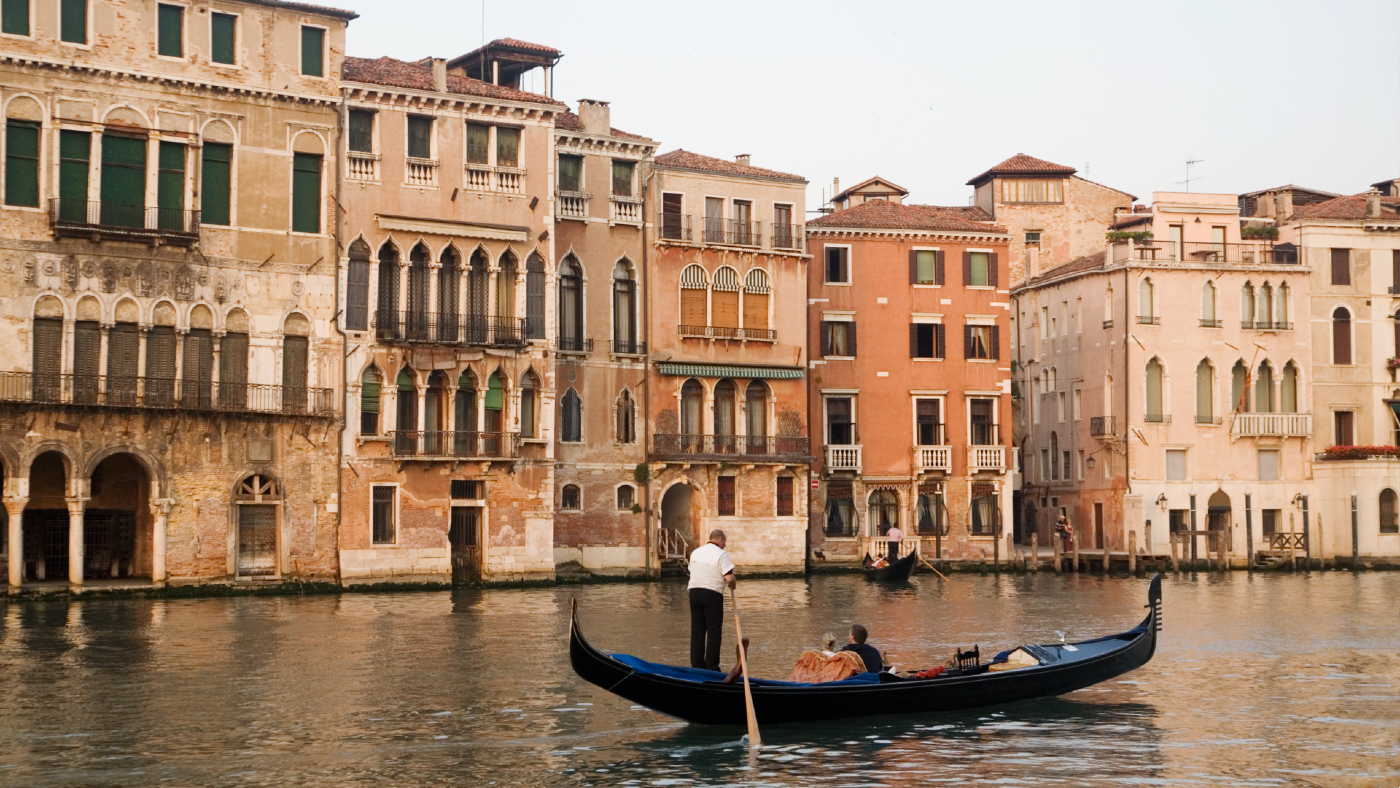
A free daily email with the biggest news stories of the day – and the best features from TheWeek.com
You are now subscribed
Your newsletter sign-up was successful
The last eight years have been the hottest on record, with 2022 likely to follow suit. Climate scientists say these brutal temperatures – as well as the frequent extreme-weather events we have seen occur around the world – are made more likely because of climate change, with average temperatures continuing to creep upwards.
Extreme weather like heatwaves and floods can destroy lives and livelihoods, causing the displacement of entire communities. But even those of us living in countries less directly impacted by climate change will find our lives shaped by global warming over the coming years, including in ways we have not yet foreseen.
One area which will undoubtedly be impacted by rising temperatures is travel. The prioritisation of greener modes of travel, such as trains or electric cars, over carbon emission-heavy air travel is a trend that’s certain to grow over time.
The Week
Escape your echo chamber. Get the facts behind the news, plus analysis from multiple perspectives.

Sign up for The Week's Free Newsletters
From our morning news briefing to a weekly Good News Newsletter, get the best of The Week delivered directly to your inbox.
From our morning news briefing to a weekly Good News Newsletter, get the best of The Week delivered directly to your inbox.
As well as the method with which we travel, the places we choose to visit are likely to change as a result of climate change. Honeymoon hot spots such as the Maldives and Fiji have already been hit hard by rising sea levels, while popular European holiday destinations like Spain and France have been battling wildfires sparked by heatwaves and drought.
The Week takes a look at the destinations most likely to be impacted by global warming over the coming years – and what efforts are being made to protect such vulnerable tourist spots.
1. The Maldives
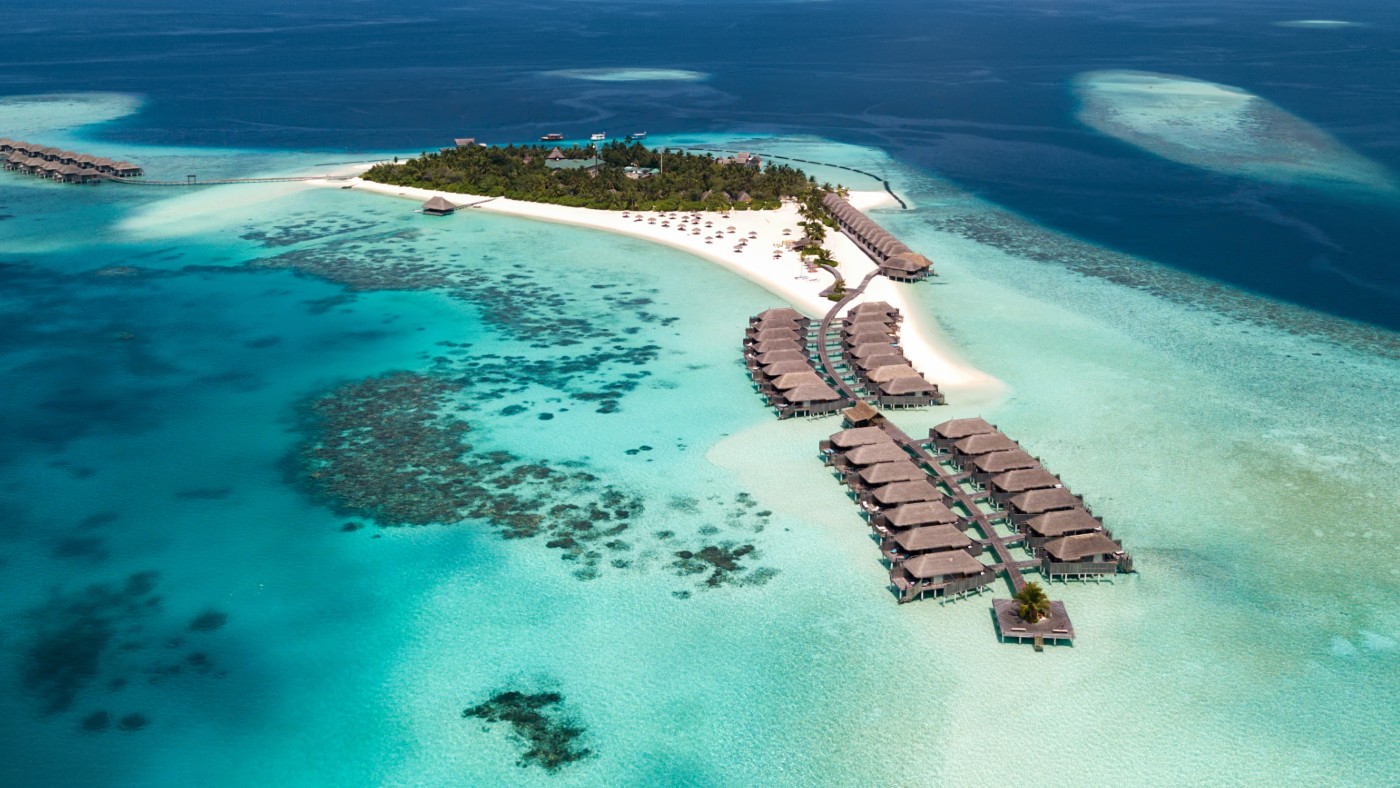
The destination people most wanted to visit in 2021 (according to a Club Med survey) aims to welcome 1.6 million tourists this year – more than three times its population of roughly 500,000. But climate change “may cross the country off the map completely”, said ABC News.
As the world’s lowest-lying nation, sea level rise caused by global climate change is an “existential threat” to the Indian Ocean archipelago, which is made up of more than 1,100 coral islands. This is coupled with the threat of monsoons and tropical storms, which are occurring more frequently and violently. “They are exaggerating natural coastal erosion and making it happen much more quickly,” explained Sky News.
A free daily email with the biggest news stories of the day – and the best features from TheWeek.com
According to reports from Nasa and the US Geological Survey, around 80% of the “bucket-list getaway”, as ABC described it, could become uninhabitable by 2050.
At the Cop26 climate summit last year, Sabra Noordeen, the Maldives’ special envoy for climate change, said measures had been put in place to increase the country’s resilience “like conservation of more protected areas, phasing out single-use plastic, those kinds of things”. But she added that “emergency measures require a lot of money, and that is not something that the Maldives or many other small island states have”.
2. Venice
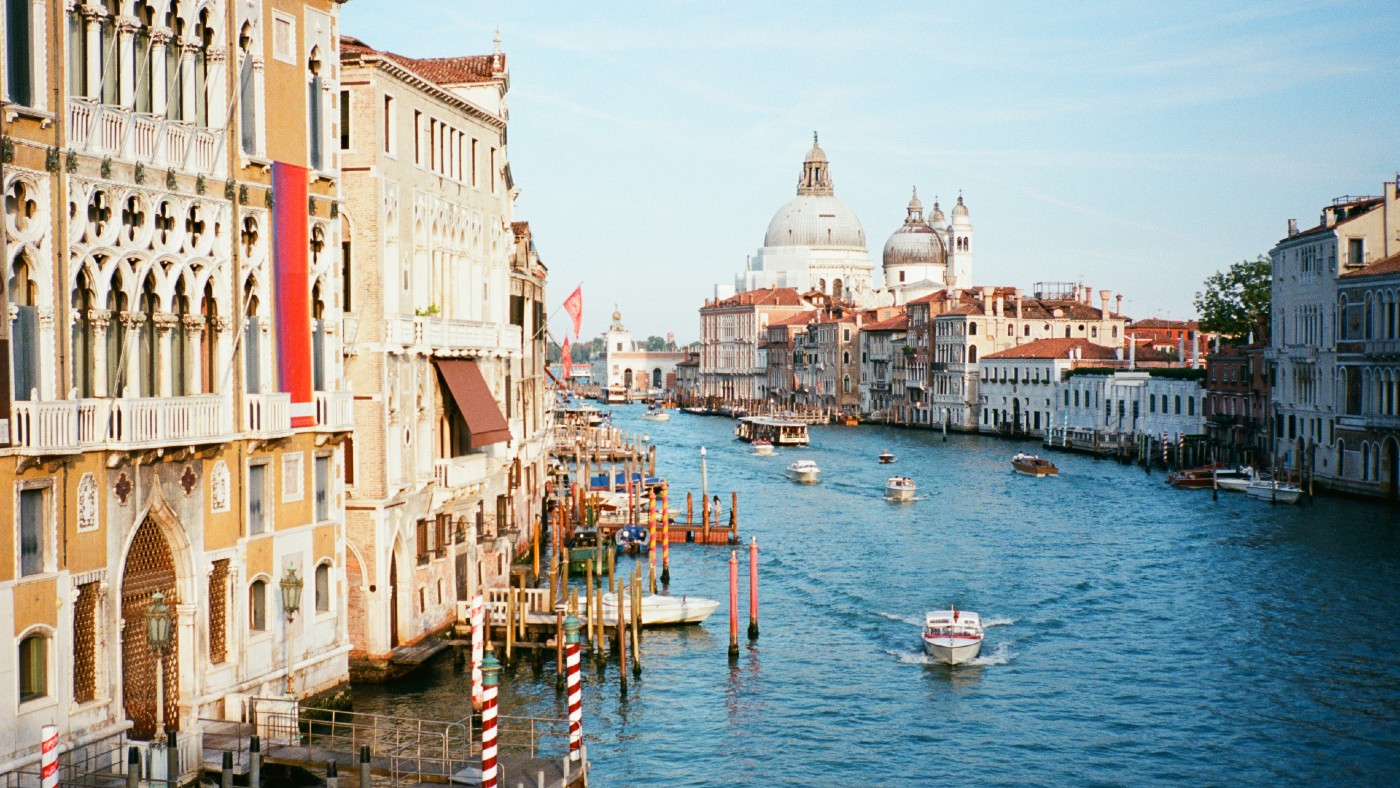
It’s “impossible” to walk through Venice “without being seduced by its anachronistic charm: the Adriatic Sea coursing through its canals…the romance of a gondolier’s serenade as you float beneath the Bridge of Sighs”, said Condé Nast Traveler.
But Italy’s low-lying city is under threat as a result of rising ocean levels. Just three years ago, Venice experienced some of its worst flooding in history when water levels hit 187cm and submerged over 80% of the city, causing millions of euros of damage.
The city was also impacted by out-of-season flooding this summer, which Yahoo! News said was caused by “a combination of factors exacerbated by climate change – from rising sea levels and unusual high tides to land subsidence that has pushed down the city ground level”.
Activists have “taken on the challenge”, said Condé Nast Traveler, “investing in advanced flood gates and other technologies to stymie the impending swells”. But the Mose flood barriers, launched in 2020, were not enough to protect the city from flooding in June.
3. The Alps
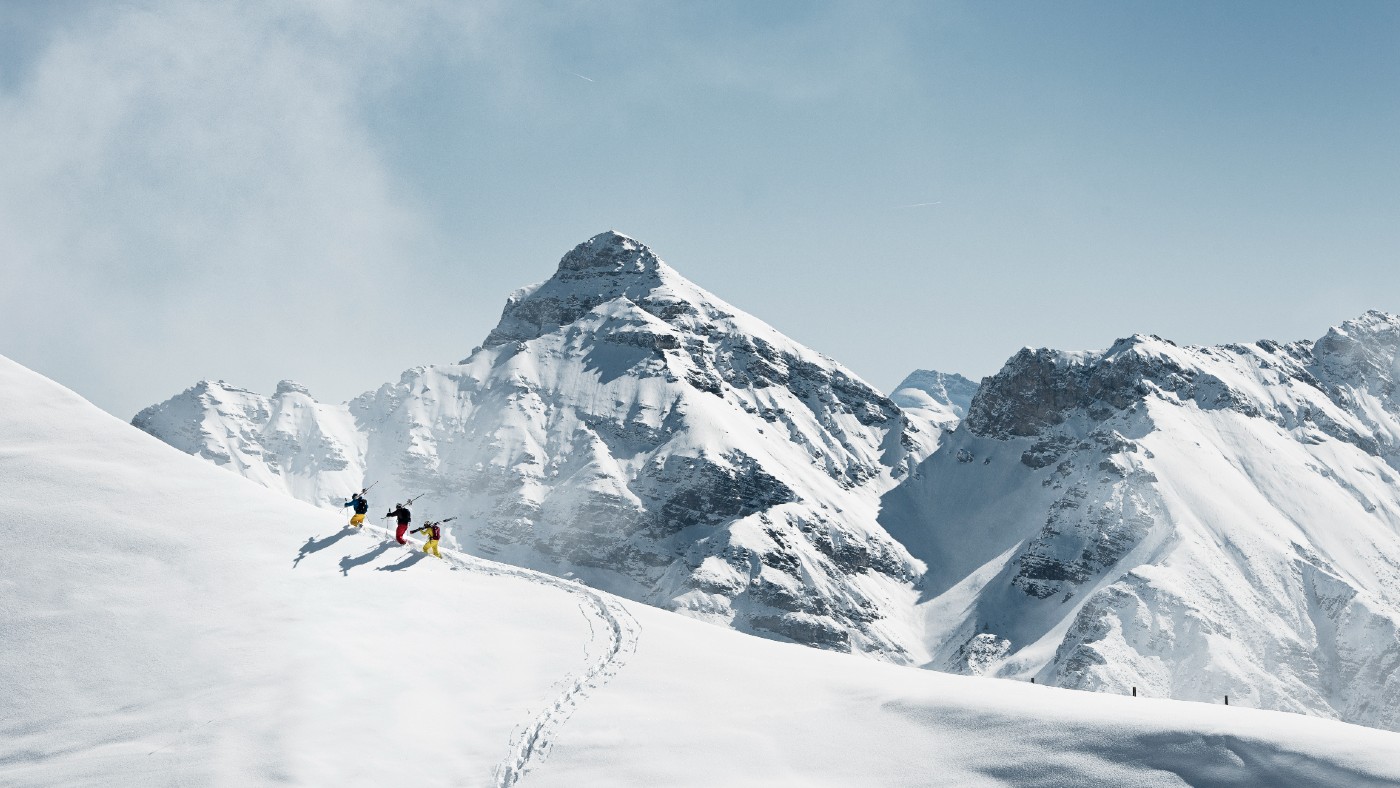
The European mountain range, which stretches across eight countries, has long provided winter sports enthusiasts with “some of the most sought-after slopes in the world”, said Condé Nast Traveler. But thanks to increasing temperatures, the winter sports season is shrinking.
The consequences of climate change in the Alps are so pronounced that they can be viewed from space, satellite data showed earlier this summer. Swiss scientists were able to demonstrate that vegetation above the tree line has increased in nearly 80% of the region, and that snow cover is also decreasing.
Resorts have been attempting to lure off-season visitors with “spa treatments and outdoor activities like horseback riding or tennis” as the off season lengthens year on year. Simultaneously, scientists are exploring whether the region’s glaciers could be protected with a “kind of blanket”, which prevents evaporation and melt, said the news site Grid.
4. Great Barrier Reef
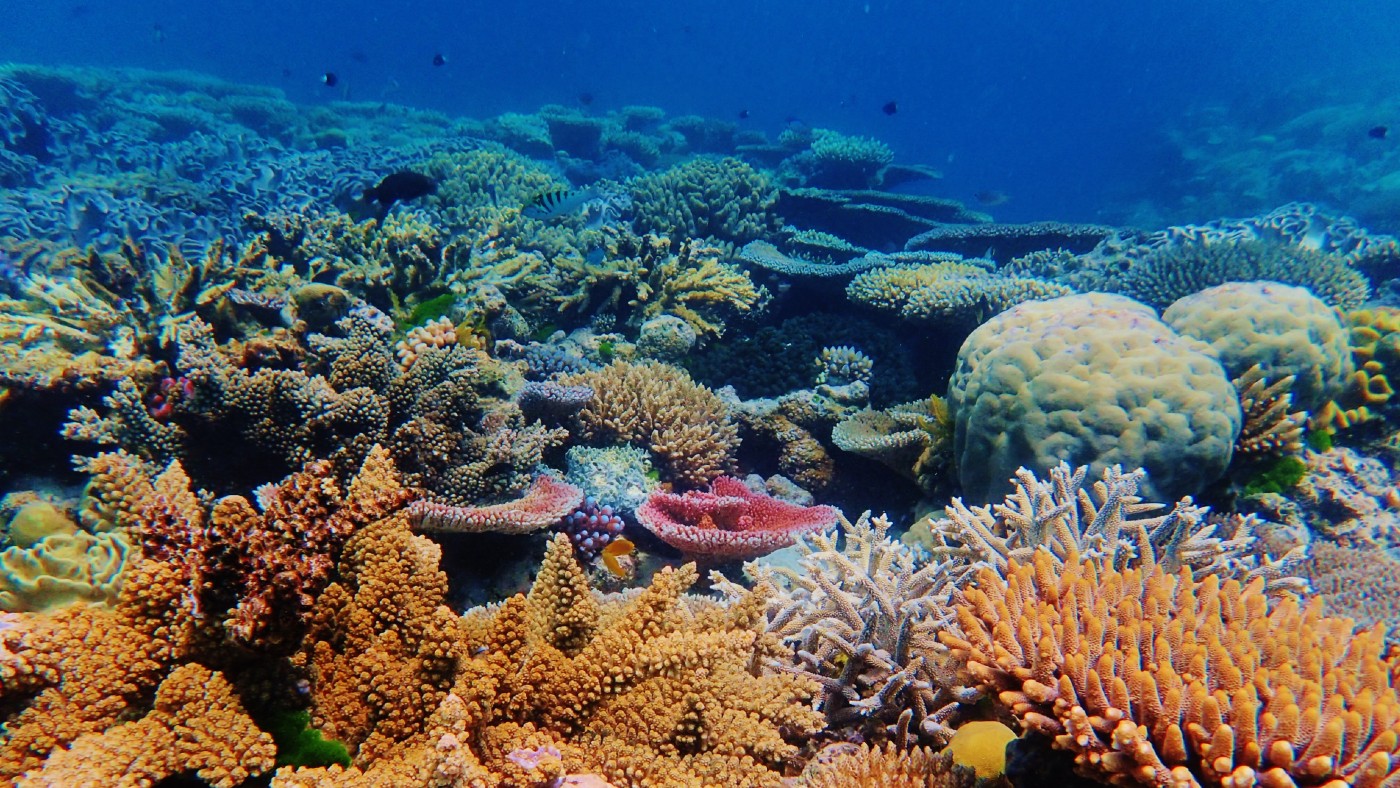
The Great Barrier Reef (GBR), described by Unesco as “a site of remarkable variety and beauty on the north-east coast of Australia”, is the world’s most extensive ecosystem, covering 348,000 square kilometres and featuring waters more than 2,000 metres deep.
More than two million people visit the GBR each year, with tourism generating around AU$6bn (£3.45bn) per year for the Australian economy, and over 60,000 full-time jobs, according to greatbarrierreef.org.
But over the years, global warming has caused coral bleaching, a condition in which vibrant-coloured corals turn white, and ocean acidification, which lessens coral’s ability to build skeletons and form coral reefs. The GBR has also been increasingly exposed to severe weather, such as cyclones, flooding and storms, which cause significant damage.
Various initiatives are under way to help protect the future of the reef, such as the Sea-quence project which aims to unlock the genetic secrets of GBR corals to understand what can be done to help them adapt to changing environments.
5. Mallorca
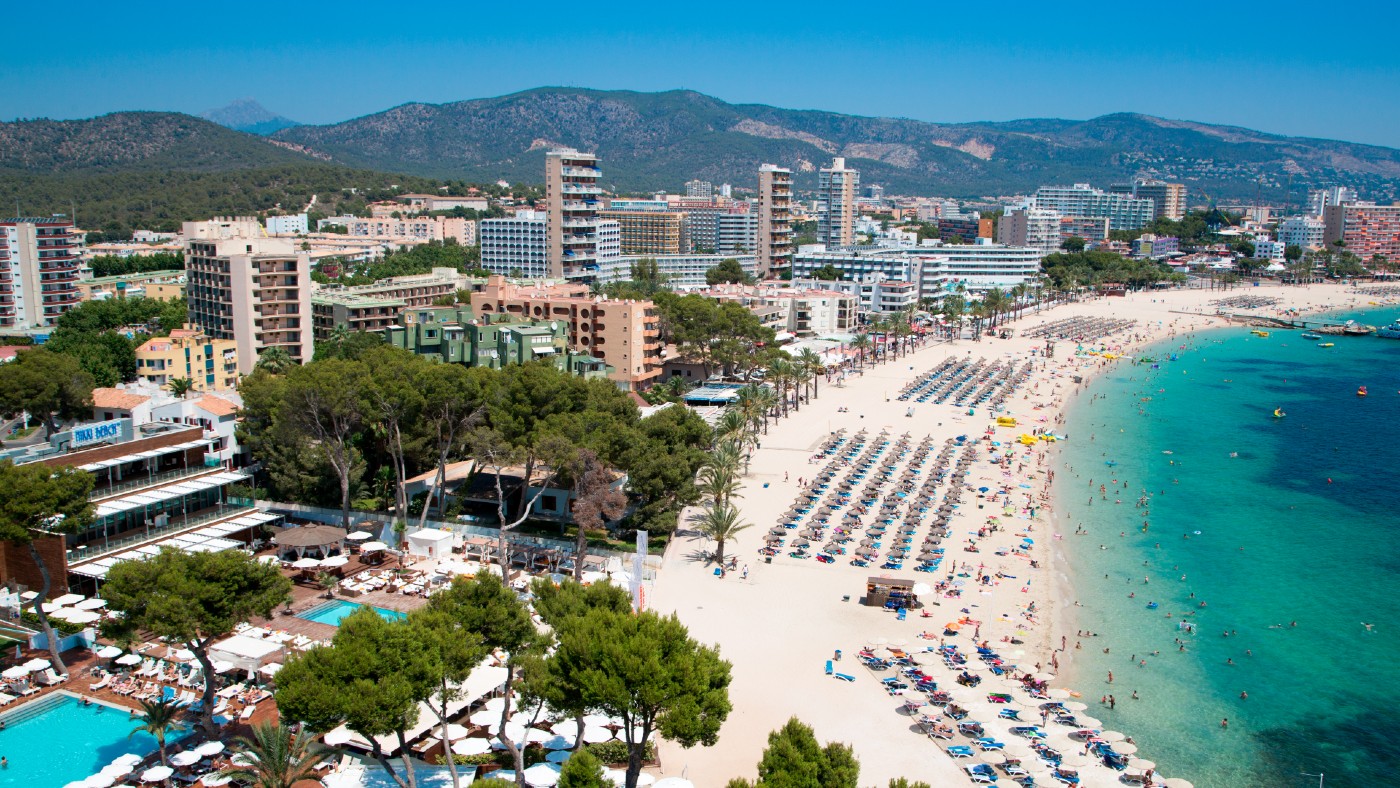
The Spanish island of Mallorca – “ideal for relaxing beach holidays, outdoor sports, and gastronomic getaways”, according to The Telegraph – was voted the most popular tourist destination for UK holidaymakers in 2015, ahead of Ibiza, Orlando and Disneyland Paris. With its “rugged coastline, sandy beaches and clear sapphire waters”, it’s no surprise that it has long held a reputation for being “one of the jewels of the Mediterranean”.
But over the years, rising sea levels have “swallowed up” beaches and “radically altered” the island’s coastal landscape, said the German news site DW. The Es Trenc beach, for example, is “now 40 metres shorter than it once was” and “should global warming continue as projected, many more Mallorca beaches will disappear into the sea”.
Vanishing beaches haven’t been enough to put off tourists, with the island receiving “record visitor numbers” this summer. The island introduced a raft of green measures last year, including banning single-use plastics and extending the cycling network, to encourage sustainable tourism. This followed the sustainable tourism tax introduced in the Balearic Islands six years ago, which provides funds for projects to protect the environment.
Kate Samuelson is The Week's former newsletter editor. She was also a regular guest on award-winning podcast The Week Unwrapped. Kate's career as a journalist began on the MailOnline graduate training scheme, which involved stints as a reporter at the South West News Service's office in Cambridge and the Liverpool Echo. She moved from MailOnline to Time magazine's satellite office in London, where she covered current affairs and culture for both the print mag and website. Before joining The Week, Kate worked at ActionAid UK, where she led the planning and delivery of all content gathering trips, from Bangladesh to Brazil. She is passionate about women's rights and using her skills as a journalist to highlight underrepresented communities. Alongside her staff roles, Kate has written for various magazines and newspapers including Stylist, Metro.co.uk, The Guardian and the i news site. She is also the founder and editor of Cheapskate London, an award-winning weekly newsletter that curates the best free events with the aim of making the capital more accessible.
-
 The Olympic timekeepers keeping the Games on track
The Olympic timekeepers keeping the Games on trackUnder the Radar Swiss watchmaking giant Omega has been at the finish line of every Olympic Games for nearly 100 years
-
 Will increasing tensions with Iran boil over into war?
Will increasing tensions with Iran boil over into war?Today’s Big Question President Donald Trump has recently been threatening the country
-
 Corruption: The spy sheikh and the president
Corruption: The spy sheikh and the presidentFeature Trump is at the center of another scandal
-
 Spaniards seeing red over bullfighting
Spaniards seeing red over bullfightingUnder the Radar Shock resignation of top matador is latest blow in culture war over tradition that increasingly divides Spain
-
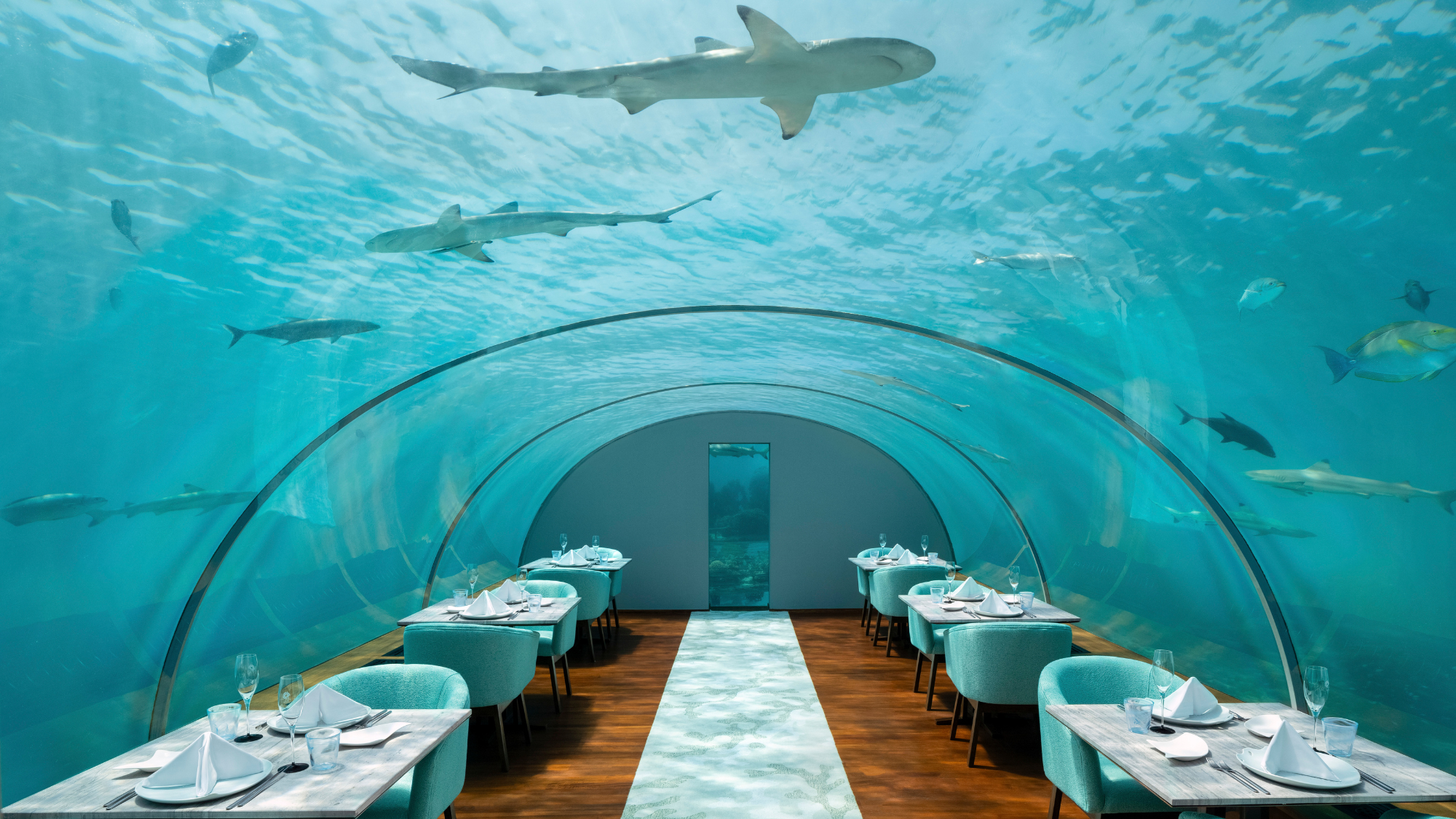 A magical underwater world at Conrad Maldives Rangali Island
A magical underwater world at Conrad Maldives Rangali IslandThe Week Recommends Watch the colourful marine life while you dine or from the comfort of your bed at this seriously swanky resort
-
 ‘Hypocrisy’ and ‘blackmail’: Ryanair’s feud with Spain
‘Hypocrisy’ and ‘blackmail’: Ryanair’s feud with SpainUnder the Radar Bitter row over rising fees sees the Irish budget airline slash a million seats on regional routes this winter
-
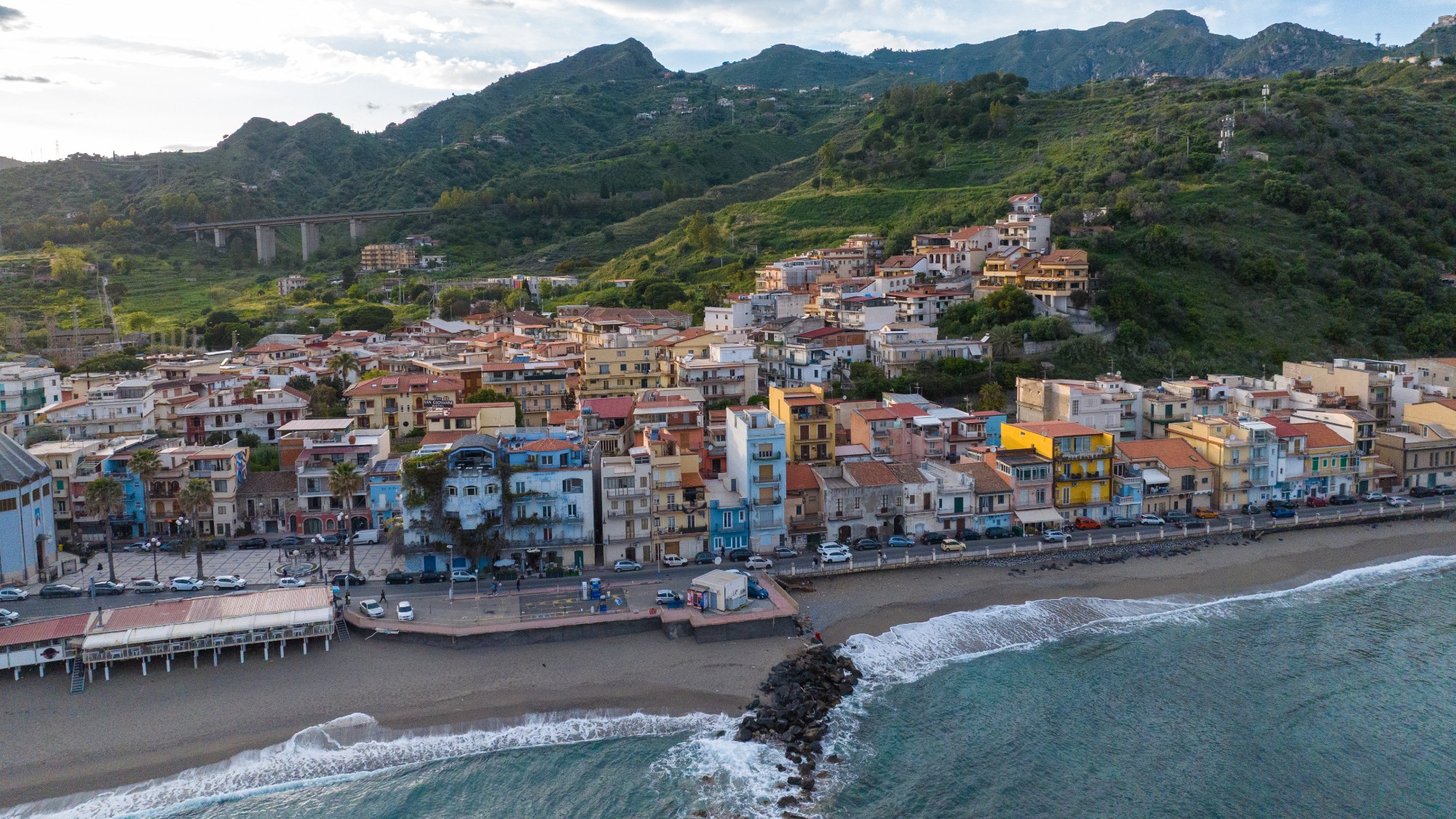 Destination unknown: the exciting ins and outs of mystery travel
Destination unknown: the exciting ins and outs of mystery travelThe Week Recommends Surprise yourself the next time you vacation
-
 Jeff in Venice: a 'triumph of tackiness'?
Jeff in Venice: a 'triumph of tackiness'?In the Spotlight Locals protest as Bezos uses the city as a 'private amusement park' for his wedding celebrations
-
 Sinking feeling: Venice braces for the Bezos wedding
Sinking feeling: Venice braces for the Bezos weddingIn the Spotlight The Amazon founder and his fiancée will be met with 'noisy' protests when they cruise into the historic city aboard their $500m superyacht
-
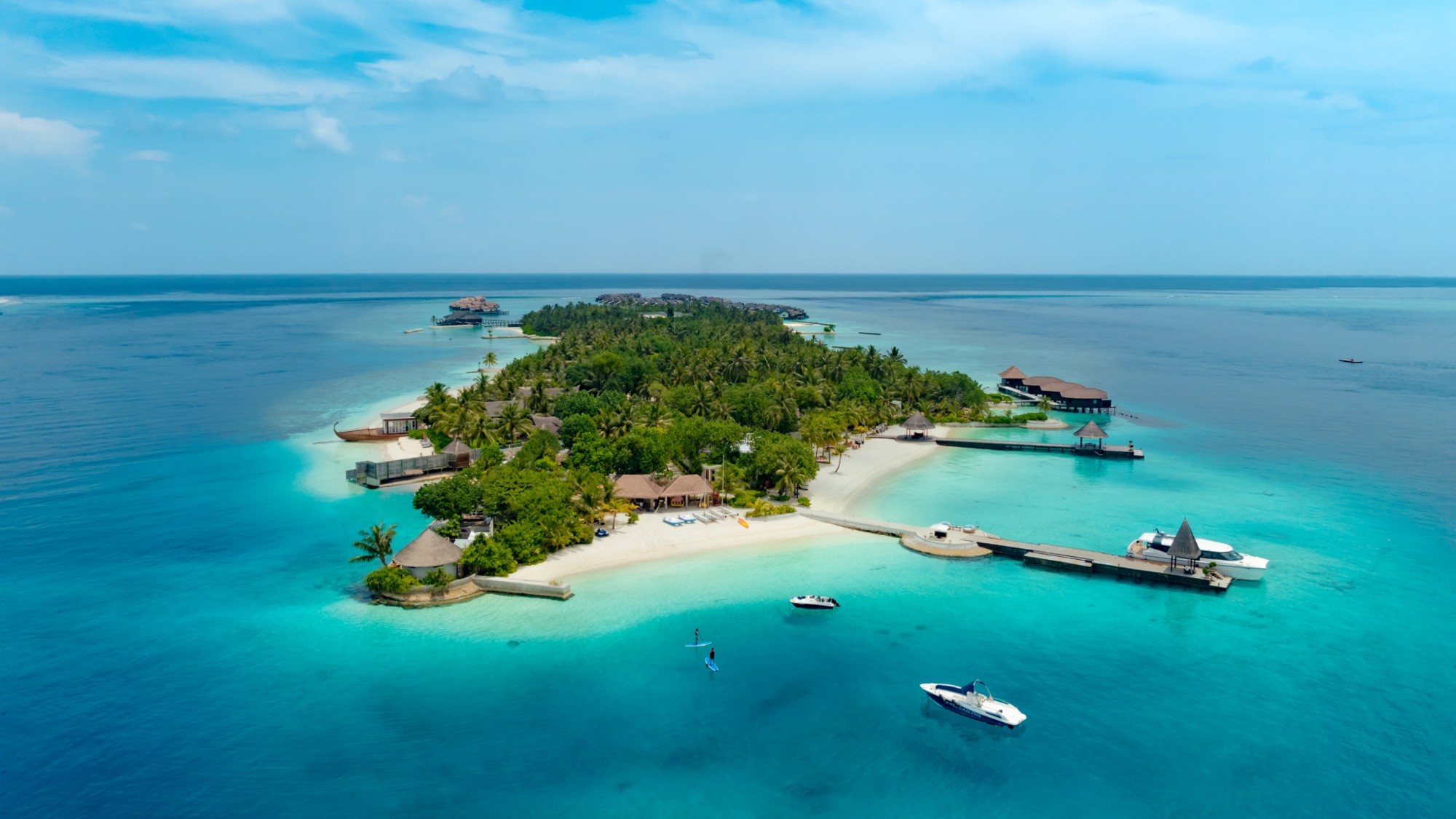 OZEN Reserve Bolifushi: Maldives glamour reaches new heights
OZEN Reserve Bolifushi: Maldives glamour reaches new heightsThe Week Recommends At this ultra-luxury resort, the most exclusive villas are kitted out with water slides straight into the lagoon
-
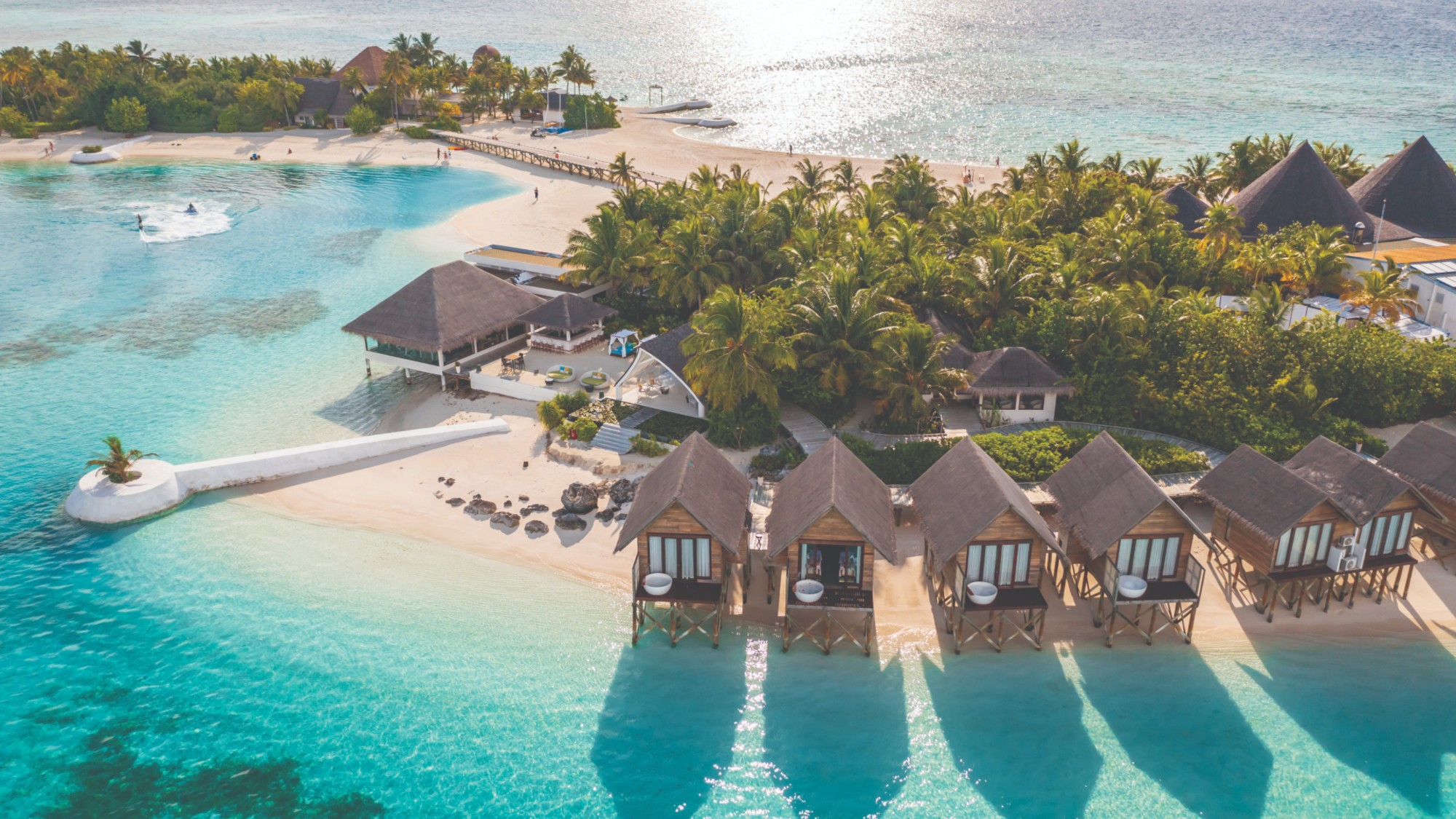 OZEN Life Maadhoo: a culinary gem in the Maldives
OZEN Life Maadhoo: a culinary gem in the MaldivesThe Week Recommends This romantic desert island resort is the perfect escape for foodies